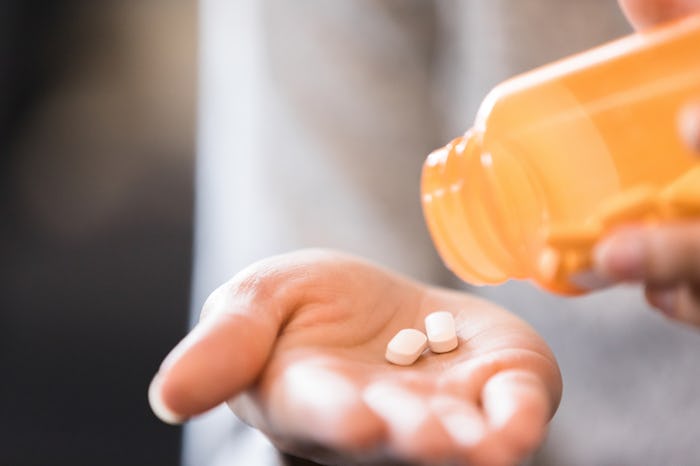Life

Do Fertility Drugs Cause Birth Defects? 3 Things You Need To Know
As people trying to conceive with assistance know, there's no shortage of things to be anxious about. At the top of the list is the question, do fertility drugs cause birth defects? This is a serious question and so too, has a complex answer. CBS News reported that there are approximately 3.7 million babies born yearly with assisted conception. Of all these babies, how many were born with birth defects? The New York Times noted an Australian study in 2012 that examined rates of birth defects among babies born via in vitro fertilization (IVF) and intracytoplasmic sperm injection (ICSI). But before I get into the results, you need to read on.
Here comes the complicated part about studies involving infertility. It's not easy to figure out if babies born from assisted conception developed birth defects because of fertility drugs used during treatment, or due to other factors that make women likely to undergo assistance, like age and other health factors. There is well-documented research that associates smoking while pregnant with serious birth defects. Respectively, women over 40 trying to conceive are at risk for many birth-related complications, whether they use fertility drugs or not, according to CNN. The data, however, is changing as more and more women are opting to become mothers later in life, and more research studies are being conducted. With increased research into infertility, doctors will be able to isolate what factors increase what risks. But before you read any further, I can't stress enough how the most important thing to remember is that each woman is different and only a reproductive endocrinologist can advise on the risks of birth defects.
1Statistics To Know
Researchers in the aforementioned Australian study found a 7.2 percent risk of birth defects among babies born through IVF and a 9.9 percent risk for babies born through ICSI. In comparison, the risk for babies being born without any reproductive assistance was a bit lower at 5.8 percent. So, there were slightly more babies born with birth defects of couples who used fertility drugs.
2Infertile Couples Already Are At Risk For Birth Defects
The numbers in the statistics presented above are not that staggering, and as I mentioned earlier, there's no way researchers can isolate the cause of the birth defects. Pointing to a history of infertility and other underlying health conditions, Dr. Michael Davies from the University of Adelaide's Robinson Institute and School of Pediatrics and Reproductive Health in Australia told the Associated Press that the risk is small.
3There's A Difference Between Drugs And Hormones
The Centers for Disease Control and Prevention did find that clomiphene citrate, a drug used to stimulate ovulation, increased risk of birth defects, but again, it's not conclusive information because mothers could have already been at risk for delivering babies with birth defects anyway.
Another way to treat infertility is with drugs that are hormone-based, specifically Gonal-F, which helps ovaries produce eggs by providing follicle stimulating hormone, Follistim, used to stimulate the ovaries to produce eggs, also by using follicle stimulating hormone, and Menopur, which stimulates egg growth with a combination of follicle stimulating hormone and luteinizing hormone. You should ask your physician about the risks associated with each of these treatments. I can't advise you, because I don't have a medical degree. As you know, the options that are out there for assisted conception come with potential risks that you should be openly discussing with your physician. No question is too silly when it comes to conceiving a healthy baby.
This article was originally published on